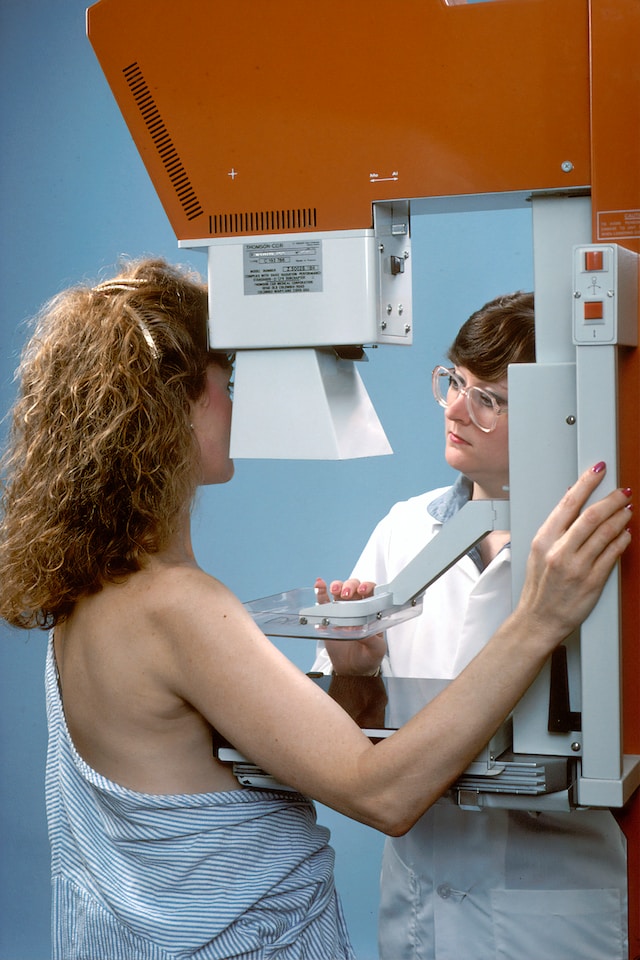In a significant development for breast cancer screening, the United States Preventive Services Task Force has updated its guidelines on mammography, recommending that women should start getting regular mammograms at the age of 40.
Previously, the panel had recommended that women start mammography screening at age 50, but advances in mammography technology and increased understanding of breast cancer risk factors led to the new guidelines.
Breast cancer is one of the most common types of cancer among women, and mammograms are an important tool for detecting the disease early. The new guidelines take into account the fact that breast cancer risk increases with age and recommend that women in their 40s talk to their healthcare provider about their individual risk factors and make an informed decision about when to start screening.
Breast cancer advocacy groups have praised the new guidelines, saying that they will help save lives by detecting breast cancer earlier. The American Cancer Society has already been recommending annual mammograms starting at age 40 for several years, and the new guidelines bring the USPSTF in line with that recommendation.
However, not everyone is in agreement with the new guidelines. Some medical professionals are concerned about the potential harms of mammography screening, such as overdiagnosis and overtreatment. Overdiagnosis occurs when a mammogram detects a small breast cancer that would not have become life-threatening, leading to unnecessary treatment such as surgery, radiation, and chemotherapy. Overtreatment can also occur when a mammogram detects a slow-growing cancer that would not have caused harm in the woman’s lifetime, leading to unnecessary treatment that can have negative side effects.
The panel acknowledges these potential harms and recommends that women make an individual decision about screening based on their personal risk factors. Women with a higher risk of breast cancer, such as those with a family history of the disease or certain genetic mutations, may benefit from starting mammograms earlier.
The new guidelines are expected to have a significant impact on breast cancer screening and treatment. More women in their 40s are likely to undergo mammograms, potentially leading to earlier detection of breast cancer and better outcomes. However, it is important for women to weigh the potential benefits and harms of screening and make an informed decision with the guidance of a healthcare provider.
Overall, the new guidelines from the USPSTF represent a significant development in breast cancer screening. Women should talk to their healthcare provider about their individual risk factors and make an informed decision about when to start mammography screening. While there are potential harms to mammography screening, the benefits of early detection and treatment cannot be ignored, and the new guidelines represent an important step forward in the fight against breast cancer.









